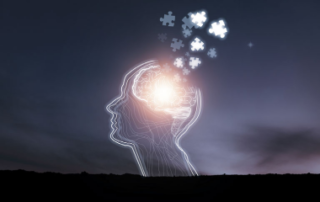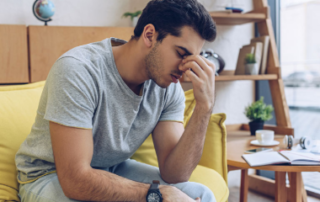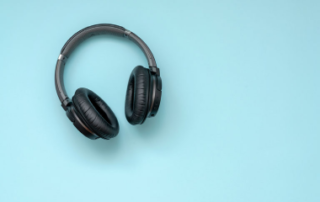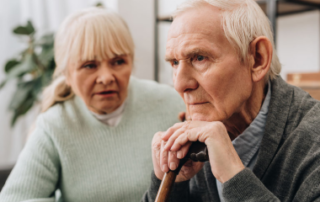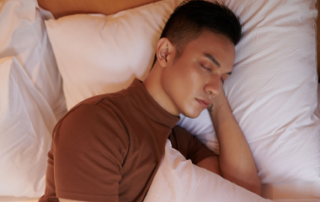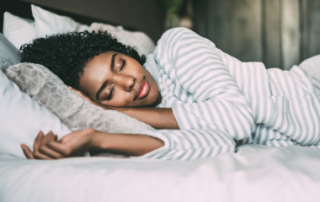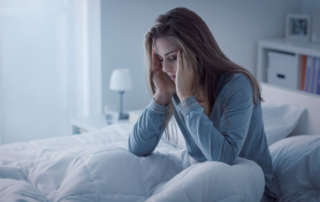Nightly “brain wash” protects against Alzheimer’s disease during sleep
Scientists have revealed evidence of a strong connection between sleep and Alzheimer’s disease. Alzheimer’s disease is the most common cause of dementia. Dementia is a general term for a decline in memory loss and cognitive abilities. Alzheimer’s affects memory, thinking, and behavioral patterns. It [...]

